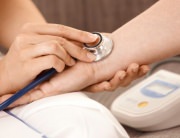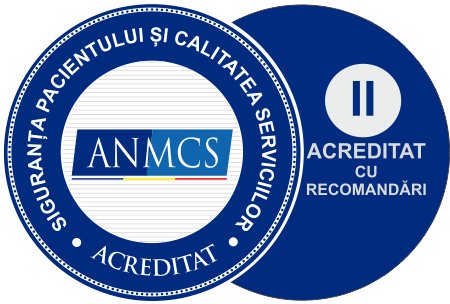Fainting ranks amongst the most frequent emergency unit presentation causes, in all age categories. In medical terms, fainting is called Lipothymy. It is defined as “the sudden and transitory loss of consciousness” and it is associated to a number of medical conditions. Unlike lipothymy, syncope is a more severe condition that supposes, in addition to the temporary loss of consciousness, the loss of muscle tonus, i.e., when a person “passes out”. According to the studies, approximately a quarter of the population had a syncope or lipothymy episode during their lives.
Syncope or lipothymy (fainting) occurs when there is a sudden and severe drop in blood flow to the brain. The nervous system does not hold energy reserves, relying almost exclusively on the oxygen and glucose supplied through the blood. The drop of the cerebral perfusion below 30% causes the loss of consciousness within 8-10 seconds, just like the systolic pressure drop (systolic blood pressure) below 70 mmHg. Recovery is always spontaneous.
The causes of fainting vary a lot and they can be the warning sign of an important underlying disease or they might be ignored, as fainting also occurs is perfectly healthy persons, as a response of the body to external factors.
Examples of fainting:
- Young women who may find out they are pregnant following a syncope;
- The “crying spasm” (through the reflex mechanism) may be encountered in young children;
- Reflex fainting: after coughing, urinating, defecating, or following a painful manoeuvre;
- Medication-induced fainting (diuretics, barbiturates, antidepressants);
- Cardiovascular fainting (bradycardia, paroxysmal supraventricular tachycardia, long QT syndrome, pulmonary hypertension, aortic valve stenosis). It can signal an incipient myocardial infarction!
- Psychogenic fainting – when a painful or unpleasant manoeuvre is anticipated (e.g., blood collection, dental consultation);
- Metabolic fainting – by hyperventilation (such as in the case of a panic attach or excessive crying), hypoglycemia (in young girls, extreme diets, fasting!);
- Orthostatic fainting – caused by dehydration (frequently encountered in summer amongst overweight young girls);
- Fainting after a copious meal in sickly persons (diet is an important hypotensive stimulus, rarely in children, but possibly in the elderly);
- Fainting can also be a warning sign for a severe undiagnosed disease, such as: diabetes mellitus, cardiac conditions, arteriovenous malformations, epilepsy, vitamin B12 deficiency, porphyria, etc.
To conclude, fainting (lipothymy or syncope) is a syndrome, not a diagnosis, and that is why it is important to go to the doctor’s in order to have the causes elucidated and prevent relapse.
Maria-Cristina Stroi, MD
Internal Medicine Medical Specialist – Laurus Medical






